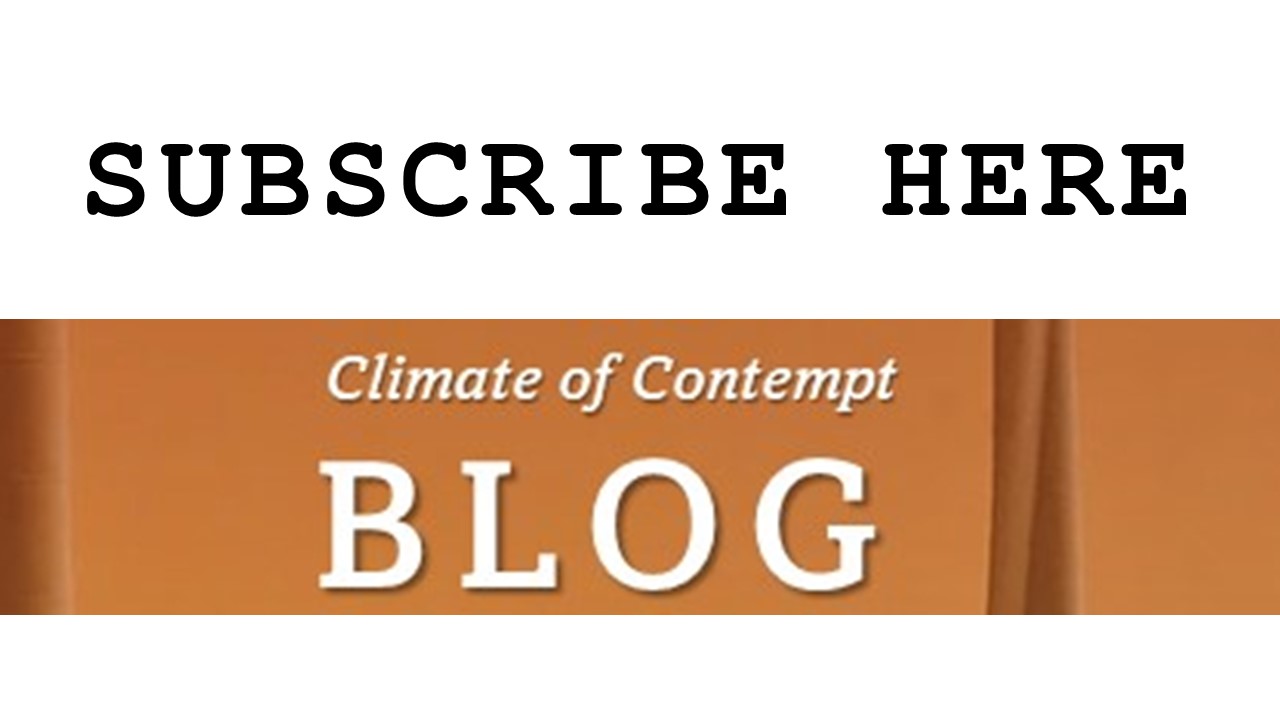Climate of Contempt argues that in order to develop a full understanding of the energy transition and its politics, one has to engage people who hold a diversity of views on the subject. Engage people directly, not just read about their views.
Every time an energy or climate policy expert advocates a particular action to advance (or slow) the energy transition, they make implicit judgments about how that action will affect others. Human nature being what it is, we risk projecting our own views onto others, particularly when we feel strongly about an issue. And the energy trilemma being what it is, motivated reasoning about what others believe or want is commonplace.
We want to do right by others, but we especially want to believe that the policy we favor will do just that. By supplying us with a steady diet of how misinformed and/or unethical “the other side” is, the modern media environment supercharges motivated reasoning, and it makes reaching across partisan and ideological boundaries both more important and more difficult.
Many of the loudest voices online purport to speak for others, particularly for marginalized or under-represented groups of which the speaker is not a member. It seems a bit harsh to call their views “luxury beliefs,”* but when third parties generalize about economically vulnerable groups they are prone to leaps of logic born of motivated reasoning.
Generalizing is inherently risky because the members of any social and demographic groups are rarely of one mind about complex policy issues, and that is true of the energy transition too. I use the example of Indian tribes in chapter 5 of Climate of Contempt. Some tribes have invested heavily in fossil fuels, which has provided them a source of wealth; others are trying to embrace clean energy development. Some have done both; some neither.
The costs of climate change will fall disproportionately on the poor — poor people of various religions, ethnicities and political views. But some rich people will be hurt too. The same is true for the costs of the energy transition. That heterogeneity can be inconvenient for activists; for scholars, it should be acknowledged and explored.
The Biden Administration made unprecedented efforts to give marginalized communities a voice in energy policy decisions, spearheaded by Dept. of Energy’s Shalanda Baker. Some economically vulnerable people express concerns about what the energy transition will mean for them or their communities. Some oppose new clean energy developments in their neighborhoods. When members of those groups say they want something other than what you or I want, we should not peremptorily reject their views as “paid for” by wealthy others. Rather, it ought to be the start of dialogue that produces better energy transition policy in the long run.
Some scholars are digging deep on these issues. People like Sanya Carley at the University of Pennsylvania, Tony Reames at the University of Michigan and Ann Eisenberg at the University of West Virginia are among a growing group of scholars who are examining these representation issues in more direct and sophisticated ways than in the past. And readers can find more academic work on these questions at https://www.EnergyTradeoffs.com.
Better yet, talk about climate change with people you know directly. Ask them what they think about the energy transition, and why they believe what they believe? Then, keep talking about it. — David Spence
—————–
*As the linked video demonstrates, this is an term coined by psychologist Rob Henderson for the beliefs that wealthy or privileged college students espouse ideas that seem wrong or overbroad to the vulnerable people for whom those students claim to speak. Perhaps the most oft-cited example is the use of the term “Latinx” by some progressives. Henderson ascribes these beliefs to vanity and hubris. But people who live their political lives online are almost continuously presented with images and narratives that make well-meaning leaps of logic more likely.



